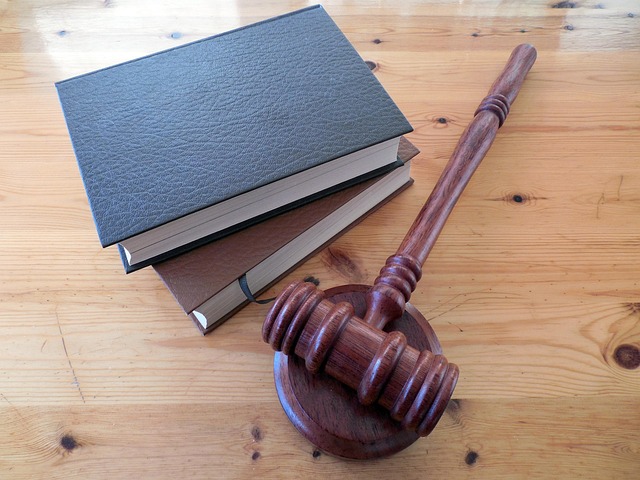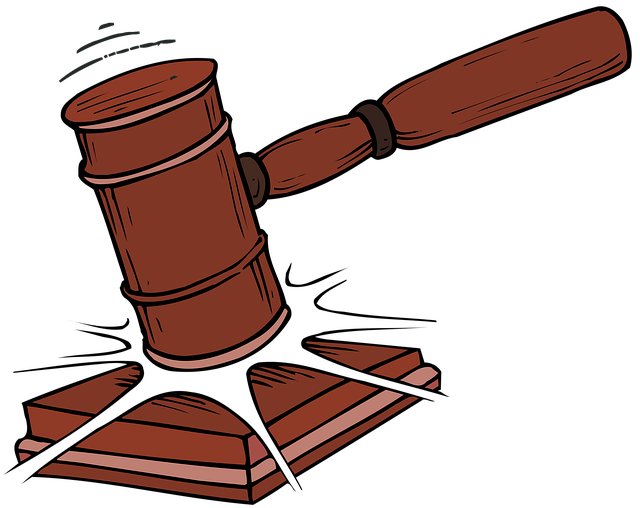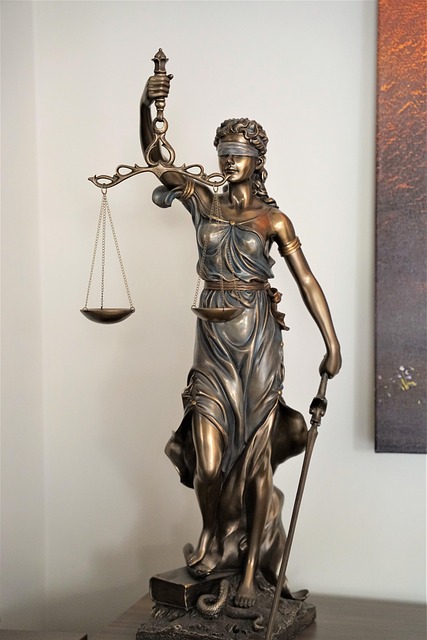Post-conviction proceedings offer individuals a chance to challenge their sentences or convictions, ensuring fairness and safeguarding rights within the criminal justice system. With legal counsel, defendants can appeal errors made during trial or sentencing, aiming for new trials, sentence modifications, or even vacating convictions. Skilled attorneys navigate complex processes, protecting the rights of accused persons, especially in high-profile cases like white-collar defense. Outcomes range from dismissal to serving original sentences, based on the merits of appeals, emphasizing the critical role of legal representation throughout these proceedings.
“Unraveling the intricate web of Criminal Law Enforcement, this article offers a comprehensive guide to post-conviction proceedings. Understanding these legal processes is paramount in ensuring justice and safeguarding the rights of the accused. We delve into crucial aspects such as appeals, fair trials, and the indispensable role of legal representation. By exploring potential outcomes and remedies, readers gain insight into the complex journey beyond initial convictions, emphasizing the importance of rights during post-conviction proceedings.”
- Understanding Post-Conviction Proceedings: The Legal Process
- Rights of the Accused: Ensuring Fairness During Appeals
- The Role of Legal Representation in Protecting Criminal Defendants' Rights
- Exploring Remedies and Potential Outcomes: What Happens After an Appeal?
Understanding Post-Conviction Proceedings: The Legal Process

Post-conviction proceedings are an essential part of the criminal justice system, offering individuals convicted of crimes a chance to seek relief from their sentences or convictions. This legal process involves a series of steps where defendants can exercise their rights to challenge the validity of their trial and raise issues that may have been overlooked or improperly handled during their initial prosecution. Understanding these proceedings is crucial for both defendants and legal professionals alike, as it provides an avenue for correcting potential injustices and ensuring fairness in the system.
One significant aspect of post-conviction law is the right to appeal, which allows defendants to present their case before a higher court if they believe errors were made during their trial or initial sentencing. This process involves submitting legal briefs and supporting documents to argue against the conviction, often with the assistance of a white collar defense attorney specializing in complex cases, such as those involving white-collar and economic crimes. The ultimate goal is to secure a new trial, modify the sentence, or vacate the entire conviction, ensuring that the defendant’s rights are protected throughout the legal process.
Rights of the Accused: Ensuring Fairness During Appeals

In criminal law enforcement, ensuring fairness for the accused is paramount, especially during appeals and post-conviction proceedings. Accused individuals have fundamental rights that must be protected to maintain a just legal system. These rights include the right to legal counsel, the presumption of innocence, and the ability to appeal verdicts. When an individual faces high-stakes cases, such as white-collar defense, having robust and challenging defenses becomes crucial. Skilled attorneys play a vital role in navigating these complex processes, ensuring their clients’ rights are upheld throughout every stage of the legal journey.
Effective post-conviction strategies often involve examining procedural errors, new evidence, or questioning the constitutionality of laws used during trial. Winning challenging defense verdicts relies on meticulous preparation, thorough investigations, and a deep understanding of the law. This is particularly significant in high-profile cases where media scrutiny can influence public perception, underscoring the need for robust legal representation to safeguard the rights of the accused.
The Role of Legal Representation in Protecting Criminal Defendants' Rights

In the realm of criminal law enforcement, legal representation plays a pivotal role in safeguarding the rights of defendants throughout every stage of the legal process. Access to competent counsel is a cornerstone of fair justice, ensuring individuals accused of crimes—be it felony or white-collar offenses like economic crimes—can mount a robust defense. During post-conviction proceedings, legal professionals serve as advocates, guiding their clients through complex legal landscapes and navigating the intricate details of respective business laws (or criminal codes). This representation is crucial in protecting the rights of those facing charges, ensuring they receive a fair trial and are not subjected to unfair indictment or conviction.
The presence of strong legal representation enables defendants to challenge evidence, cross-examine witnesses, and raise defenses that might otherwise be overlooked. Counsel can also provide vital assistance in interpreting complex laws, especially when dealing with white-collar and economic crimes, where the lines between legitimate business activities and criminal conduct can blur. By ensuring proper legal procedures are followed and constitutional rights are upheld, defense attorneys contribute significantly to maintaining the integrity of the criminal justice system, avoiding unjust indictments, and securing a more accurate reflection of justice for their clients.
Exploring Remedies and Potential Outcomes: What Happens After an Appeal?

After an appeal, the journey through criminal law enforcement doesn’t end; it enters a critical phase focused on remedies and potential outcomes. The rights of individuals during post-conviction proceedings are paramount, ensuring they have the opportunity to challenge their conviction or sentence. This process allows for a thorough re-examination of high-stakes cases, where the stakes are often much higher than just freedom – it’s about ensuring justice is served at all stages of the investigative and enforcement process.
Depending on the merits of the appeal, a variety of outcomes can unfold. If the court finds merit in the arguments presented, there could be a complete dismissal of all charges, leading to an acquittal and restoration of civil liberties. Conversely, if the appeal is denied, the individual must navigate the next steps, which may include serving the original sentence or facing additional legal proceedings based on new evidence or procedural errors.
Post-conviction proceedings play a crucial role in ensuring justice and safeguarding the rights of those accused. By understanding these processes, we can foster fairness within the criminal legal system. Accused individuals must be aware of their entitlements during appeals, emphasizing the vital role of legal representation in protecting their interests. This comprehensive journey through potential outcomes highlights the importance of navigating remedies to achieve favorable results, ultimately shaping a more equitable justice system.






